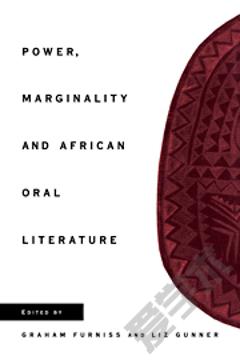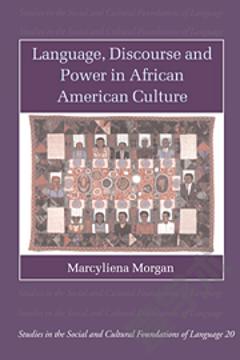Power, Marginality and African Oral Literature
African oral literature, like other forms of popular culture, is not merely folksy, domestic entertainment but a domain in which individuals in a variety of social roles are free to comment on power relations in society. It can also be a significant agent of change capable of directing, provoking, preventing, overturning and recasting social reality. This collection examines the way in which oral texts both reflect and affect contemporary social and political life in Africa. It addresses questions of power, gender, the dynamics of language use, the representation of social structures and the relation between culture and the state. The contributors are linguists, anthropologists, folklorists, ethnomusicologists and historians, who present fresh material and ideas to paint a lively picture of current real-life situations. The book is an important contribution to the study of African culture and literature, and to the anthropological study of oral literature in particular.
{{comment.content}}








 京公网安备 11010802027623号
京公网安备 11010802027623号